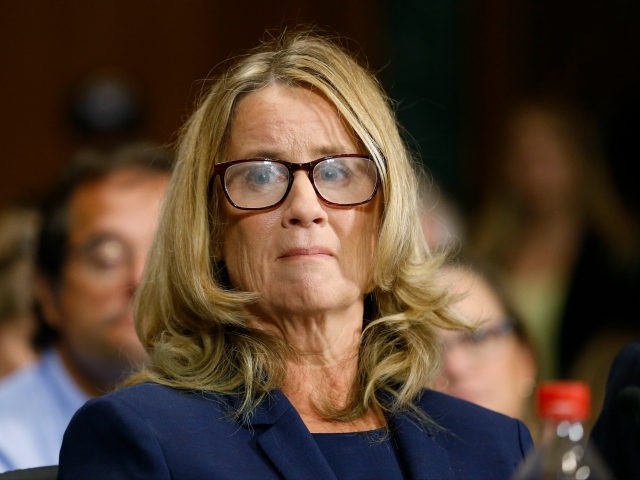
While the U.N. General Assembly was being held in New York, Americans focused their attention on sexual misconduct allegations made about Donald Trump’s Supreme Court nominee, Brett Kavanaugh − that he was involved in an event 35 years ago, just as Trump had been involved in a separate sex scandal.
Many Americans thought the testimony of professor Christine Blasey Ford, who appeared as a witness before the U.S. Senate Judiciary Committee, sounded credible. They were swayed by Ford’s appeal to “civic duty” despite Kavanaugh’s denial of the accusations. However, the nomination was advanced to the full Senate on a vote of 11-10. What remains now is an FBI investigation that has been given a one-week window before the final confirmation vote.*
Since it is nearly impossible to uncover the truth about Kavanaugh in just one week, quite a few reports have already come out concluding that the #MeToo movement has been defeated. Some lamented that if Ford had called the police immediately on the day she was assaulted in high school, Kavanaugh couldn’t have had his brilliant career, let alone be nominated for the Supreme Court.
Like Ford, victims of sex crimes try to remain silent at first. This is true for everyone, both in Korea and in the U.S. This silence has been a major limitation in the study and investigation of sex crimes. According to the U.S. Department of Justice, two of three crimes related to sexual assault are not reported. Only last year has the pace of research started picking up, thanks to the aftermath of the #MeToo movement.
According to research done by Lisa Kath, a psychology professor at San Diego State University, the cost of health care has noticeably increased. Victims of sexual abuse, who hesitate to disclose their trauma, are more likely to suffer the distress of insomnia and nightmares. As a result, women who were assaulted were found to pay 16 percent more in health care fees 10 years down the road compared to women who were not.
According to an article published in the journal Gender & Society last June, women who were sexually abused showed a 6.5 times higher rate of turnover [at work] than women who were not. Eighty percent of sexually abused women leave their jobs, usually within two years, abandoning high-income occupations where the majority of co-workers are male and moving toward positions that are more comfortable but low-income. As a result, sexual assault contributes to the “glass ceiling” effect seen in organizations offering high incomes and influence.
There are additional victims claiming to have been sexually assaulted by Kavanaugh, but he has repeatedly responded that he is innocent. The truth remains untold, but it also would be hard for Kavanaugh to plead guilty while his wife and daughters are watching. Even if he sits on the Supreme Court now, what can he possibly say to his daughters if the truth is revealed later?
*Editor’s note: Kavanaugh’s nomination to the Supreme Court was confirmed by the U.S. Senate in a 50-48 vote on Oct. 6, 2018.

Leave a Reply
You must be logged in to post a comment.